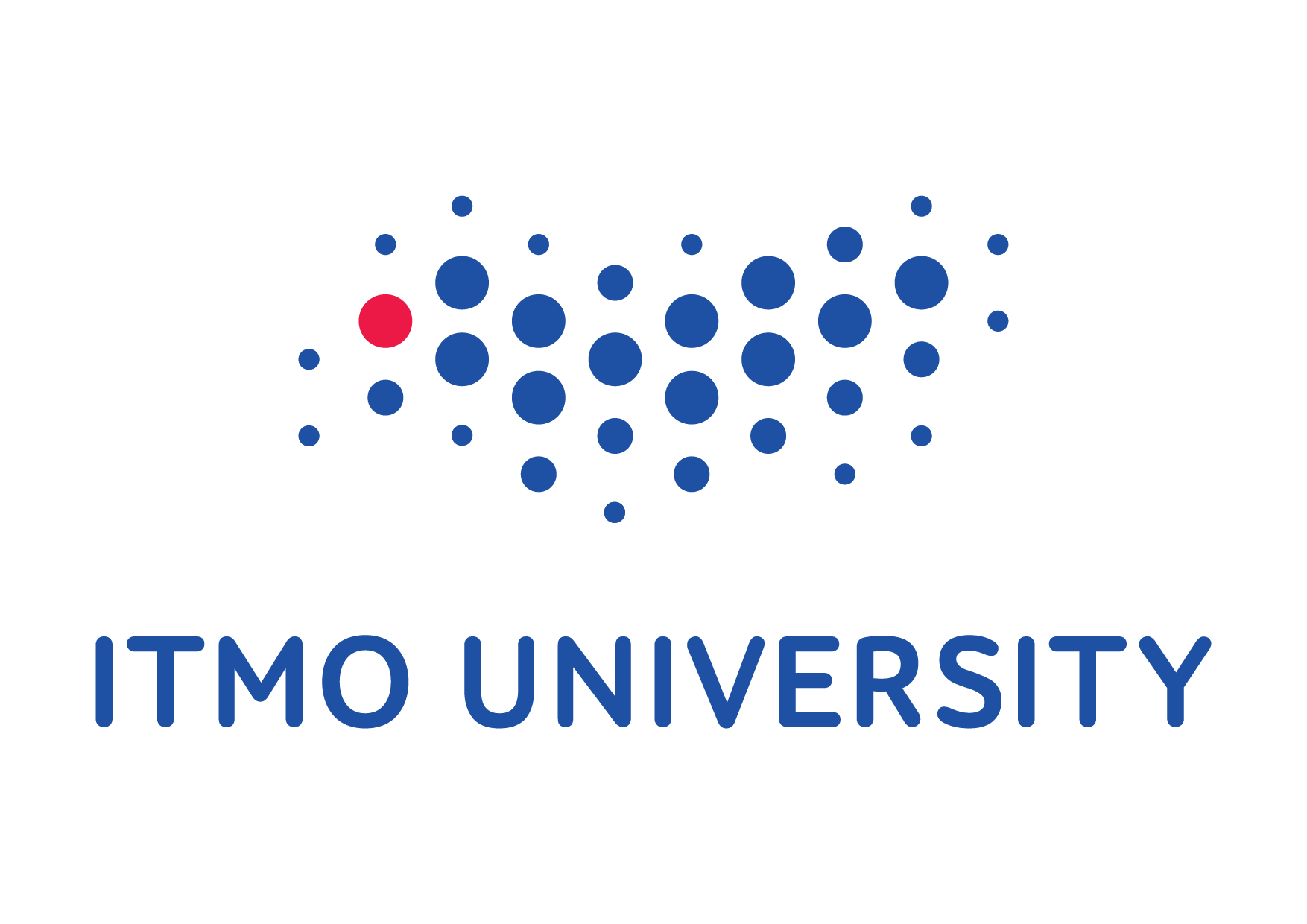ELS-XIX (2021)

About the ELS Conference
The main objective of the Electromagnetic and Light Scattering Conference (ELS) is to bring together scientists and engineers studying various aspects of light scattering and to provide a relaxed academic atmosphere for in-depth discussions of theoretical advances, measurements, and applications. The 19th ELS will be held online on 12-16 July 2021. It will build on the remarkable success of the previous ELS conferences held in Amsterdam, Helsinki (twice), New York, Vigo, Halifax, Gainesville, Bremen, Salobreña, St. Petersburg, Bodrum, Hatfield, Taormina, Lille, Leipzig, College Park, College Station, and Hangzhou.
Information about previous conferences can be found here.
This edition of ELS conference will be dedicated to our deeply regretted friend and colleague Michael Mishchenko, who was the mastermind and principal convener of the ELS for many years. A special session will be organized to memorize and acknowledge his considerable contribution to the field and community.
Scope
- new theoretical developments, numerical simulations, and laboratory measurements of light scattering by nonspherical and morphologically complex particles and particle groups
- detection and characterization of atmospheric particulates using laboratory, in situ, and remote sensing techniques
- scattering of light by terrestrial aerosols and clouds, oceanic particulates, solar system objects, exoplanets, and various astrophysical objects
- applications of light scattering methods in biology and biomedicine
- near-field and coherent effects in light scattering, optical trapping, and manipulation
- light scattering methods to control material properties and technological applications
Final program and Poster (Pitch) templates
We have prepared a final program that can be found via the link (updated 13 July 2020).
Please note that there is a correction of CST time.
🔹 Also, we have prepared a Book of abstracts for your convenience, you can find it here.
The Poster session will run as pitch presentations;
each presenter will have 5 minutes for the talk + 1 minute for Q&A (5 min+1 min).
We will carefully follow the timing of each pitch, so we kindly ask you to rehearse beforehand.
🔹 Suggested template for pitch presentation can be found here.
If you have decided not to participate at ELS 2021 please let us know as soon as possible.
Submission and Deadlines
Please prepare your 1-page abstract using the template. Submit your application by mailing to elsconference2021@metalab.ifmo.ru
If you wish to listen to the talks (without presenting a talk) please contact the Organizing Committee via elsconference2021@metalab.ifmo.ru.
Important dates are:
- May 3, 2021 - submission deadline
- May 17, 2021 - extended submission deadline
- June 11, 2021 - author notification deadline
- July 12-16, 2021 - ELS Conference dates
There is no conference fee.
We expect to organize 3 to 5-hour working days with 1-1.5 hour sessions via Zoom (with broadcast to Youtube) depending on a number of participants. The conference time is expected to be morning CST / evening Europe / late evening Beijing.
Organizers
Conveners
Pinar Mengüç, Ozyegin University, Turkey
Ping Yang, Texas A&M University, USA
Alexey A. Shcherbakov, ITMO University, Russia
Gorden Videen, Army Research Laboratory, USA
Anne Virkki, Arecibo Observatory, Puerto Rico
Lei Bi, Zhejiang University, China
Matthew J. Berg, Kansas State University, USA
Mathieu Francoeur, University of Utah, USA
Maxim Yurkin, Voevodsky Institute of Chemical Kinetics and Combustion, Russia
Secretary
Anastasia Kaptsova, ITMO University, Russia
Science committee
Anthony Baran, UK Met Office, United Kingdom
Pavel Belov, ITMO University, St. Petersburg, Russia
Lei Bi, Zhejiang University, China
Anatoli Borovoi, Institute of Atmospheric Optics, Tomsk, Russia
Sharon Burton, NASA Langley Research Center, Hampton, VA, USA
Brian Cairns, NASA Goddard Institute for Space Studies, New York City, USA
Anthony Davis, Jet Propulsion Laboratory, Pasadena, CA, USA
Adrian Doicu, German Aerospace Center, Weßling, Germany
Oleg Dubovik, CNRS/Universite de Lille, France
Mathieu Francoeur, University of Utah, USA
Gérard Gouesbet, National Institute of Applied Sciences, Rouen, France
Jianping Huang, Lanzhou University, China
Maria Antonia Iati, Istituto per i Processi Chimico-Fisici Consiglio Nazionale delle Ricerche, Messina, Italy
Hironobu Iwabuchi, Tohoku University, Japan
Michael Kahnert, Swedish Meteorological and Hydrological Institute, Sweden
Evgueni Kassianov, Pacific Northwest National Laboratory, Richland, WA, USA
Nikolai Khlebtsov, Russian Academy of Sciences, Saratov, Russia
Jhoon Kim, Yonsei University, Republic of Korea
Sungsoo Kim, Kyung Hee University, Yongin-shi, Republic of Korea
Ludmilla Kolokolova, University of Maryland, College Park, Maryland, USA
Gerhard Kristensson, Lund University, Sweden
Eric Le Ru, Victoria University, Wellington, New Zealand
Jing Li, Peking University, China
Tang-Huang Lin, National Central University, Taiwan (R. O. C.)
Guosheng Liu, Florida State University, USA
Linhua Liu, Sandong University, China
James Lock, Cleveland State University, OH, USA
Daniel Mackowski, Auburn University, USA
Hal Maring, NASA HQ, Washington, DC, USA
Alexander Marshak, NASA Goddard Space Flight Center, Greenbelt, MD, USA
M. Pinar Mengüç, Ozyegin University, Istanbul, Turkey
Fernando Moreno, Instituto de Astrofísica de Andalucía, Granada, Spain
Karri Muinonen, University of Helsinki & National Land Survey, Finland
Knut Stamnes, Stevens Institute of Technology, Hoboken, NJ, USA
Olga Munoz, Instituto de Astrofísica de Andalucía, Granada, Spain
Timo Nieminen, University of Queensland, Brisbane, Australia
Hajime Okamoto, Kyushu University, Japan
Elena Petrova, Space Research Institute, Moscow, Russia
Rosalba Saija, Università di Messina, Messina, Italy
Yurij Shkuratov, V. N. Karazin Kharkiv National University, Kharkov, Ukraine
Chae Sim, KASI, Daejeon, Republic of Korea
Byung-Ju Sohn, Seoul National University, Republic of Korea
Christopher Sorensen, Kansas State University, Manhattan, KS, USA
Gorden Videen, Army Research Laboratory, Adelphi, MD, USA
Thomas Wriedt, University of Bremen, Germany
Marcia Yamasoe, Universidade de São Paulo, Brazil
Ping Yang, Texas A&M University, College Station, TX, USA
Maxim Yurkin, Novosibirsk State University, Russia
Evgenij Zubko, Kyung Hee University, Yongin-shi, Republic of Korea
Invited Speakers
| Name | Title |
| Prof. Javier García de Abajo ICFO-Institut de Ciencies Fotoniques, The Barcelona Institute of Science and Technology, Spain / ICREA-Institució Catalana de Recerca i Estudis Avançats, Spain |
Optical Excitations with Free Electrons: Challenges and Opportunities |
| Dr. Maxim Yurkin Voevodsky Institute of Chemical Kinetics and Combustion, Russia |
The discrete dipole approximation: from Maxwell's equations to practical applications |
| Dr. Adrian Doicu German Aerospace Center (DLR), Remote Sensing Technology Institute, Germany |
Electromagnetic scattering by discrete random media |
| Prof. Karri Muinonen University of Helsinki, Finland |
Scattering and absorption in discrete random media of densely-packed particles |
| Prof. Lei Bi Zhejiang University, China |
Electromagnetic wave scattering by superspheroids |
| Dr. Oleg Dubovik University of Lille, France |
Inverse problem of light scattering: applications in remote sensing |
| Dr. Albert Ansmann Leibnitz Institute for Tropospheric Research, Germany |
Recent progress in polarization lidar applications to aerosols and clouds |
| Prof. Evgenij Zubko Kyung Hee University, South Korea / Chiba Institute of Technology, Japan |
Studying comets by means of polarimetry: Current status and further development |
| Prof. Marco Potenza University of MiIlan, Italy |
Single Particle Extinction and Scattering: a new approach for multiparametric optical characterization of nano- and microparticles |
| Prof. Eric Le Ru Victoria University, Wellington, New Zealand |
The Rayleigh hypothesis: from single particle to multiple scattering |
| Prof. Nikolay Khlebtsov Institute of Biochemistry and Physiology of Plants and Microorganisms, Russian Academy of Sciences, Russia / Saratov State University, Russia |
Surface-enhanced Raman scattering from gold nanorods as a function of their aspect ratio and morphology: a reexamination study |
| Prof. Qixing Zhang State Key Laboratory of Fire Science, University of Science and Technology of China, China, |
Light Scattering by Fire Smoke Aerosols in Visible Wavelength |
| O. Dubovik, M. Mishchenko | Accounting for particle non-sphericity in aerosol remote sensing |
Awards
We congratulate the award winners of 2020 and 2021. The celebration will take place at the offline conference in St. Petersburg in 2022.
2020 Elsevier's H. C. van de Hulst Award recepient: Professor G. Gouesbet
2020 Elsevier's M. Mishchenko Award recepient: Professor T. Wriedt
2020 Elsevier/JQSRT P. Waterman Award: Dr. Alexander Moskalensky
2020 Elsevier/JQSRT Richard M. Goody Award: Dr. Bingqiang Sun
2021 Elsevier/JQSRT P. Waterman Award: Dr. Anne Virkki
2021 Elsevier/JQSRT Richard M. Goody Award: Dr. Bingqi Yi
JQSRT special issue
Following the highly successful ELS practice, we will be soliciting papers for the ELS-XIX Topical Issue of the Journal of Quantitative Spetroscopy and Radiative Transfer (JQSRT) and hope that you will want your state-of-the-art research to become part of yet another benchmark collection of papers on electromagnetic scattering and its applications. This Topical Issue will consist only of full-size papers documenting research either reported at the conference or pertaining to the main topics of ELS-XIX. Extended abstracts of conference presentations will not be considered. Each submission will be thoroughly reviewed by at least two independent referees to ensure that all accepted manuscripts satisfy the highest standards of scientific quality adopted for JQSRT.
The special issue has been successfully published and can be found here.
Sponsors
The conference is supported by Elsevier and organized by the Department of Physics and Engineering of ITMO University, Russia.


